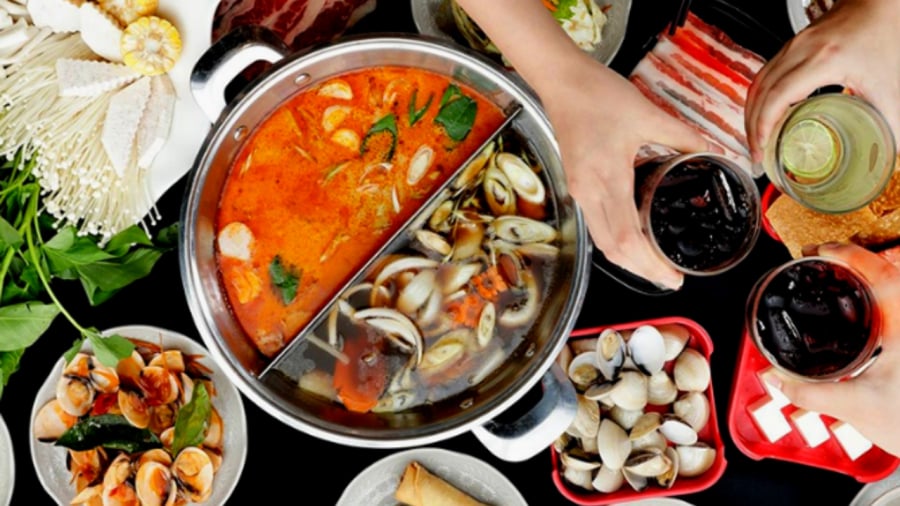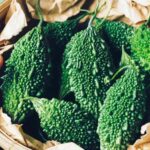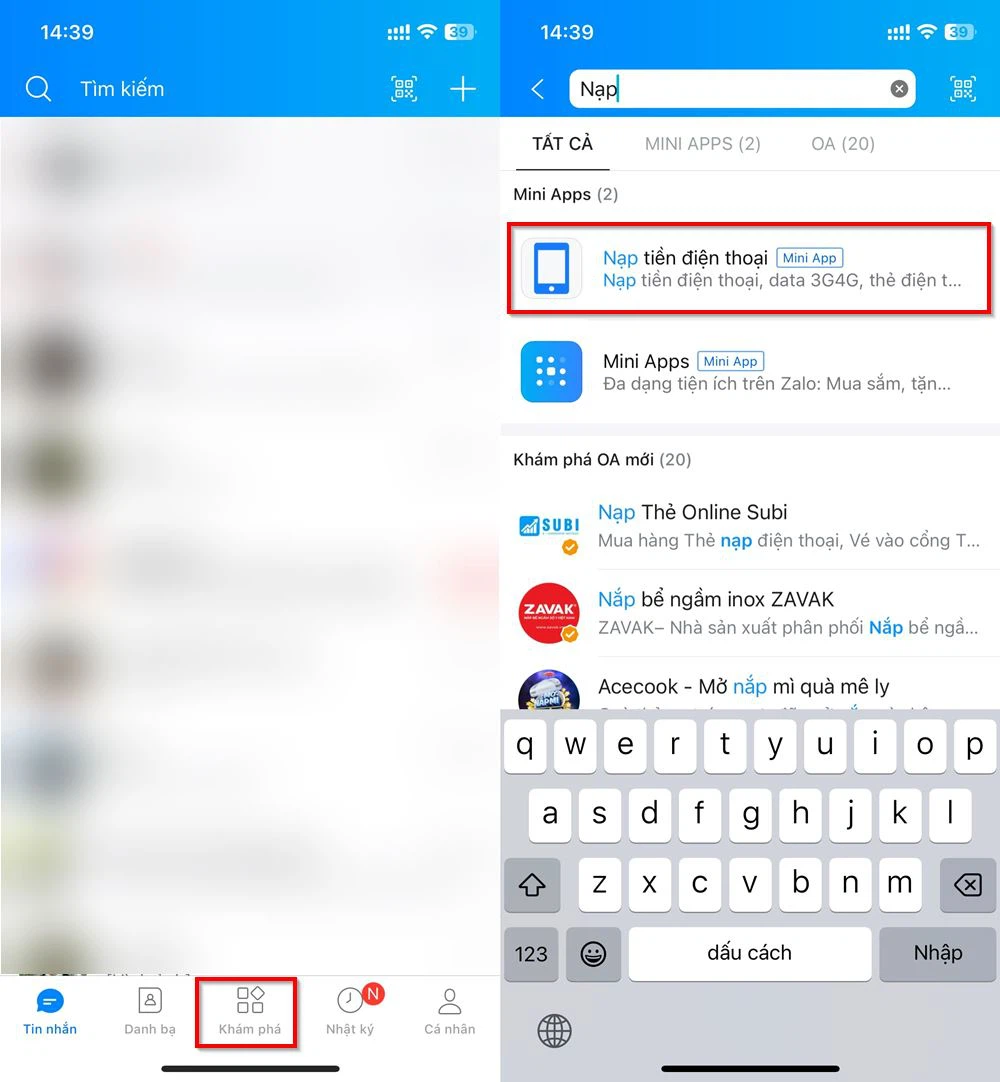Hot pot is a must-have dish during the winter. There’s nothing quite like gathering around a steaming hot pot of broth and an array of delicious ingredients to warm you up on a chilly day. However, to truly enjoy this hearty meal, it’s important to ensure that the ingredients are of good quality and that you avoid making some common mistakes when cooking and eating hot pot.
Unwashed or low-quality vegetables
Vegetables are an essential component of any hot pot meal. It is crucial to select fresh, high-quality vegetables and thoroughly wash them before cooking. Common choices include water spinach, napa cabbage, chrysanthemum leaves, and bean sprouts. Always buy your vegetables from reputable sources, and at home, remove any wilted leaves and roots, rinse them multiple times under running water, and soak them in a dilute salt water solution or vegetable wash. Finally, give them a quick rinse before adding them to the pot. Avoid exotic vegetables, wild herbs, and unfamiliar mushrooms, as these can cause allergies or food poisoning.
Undercooked meat and seafood
It’s tempting to quickly dip your meat and seafood into the boiling broth, but this can result in undercooked food. Ensure that you cook your meat and seafood thoroughly by leaving them in the broth for a sufficient amount of time. This is important to eliminate any bacteria and parasites that may cause digestive issues.
Overindulging in processed meatballs
Meatballs, such as beef, shrimp, and fish balls, are popular additions to hot pot. While they are tasty and affordable, they are often made from ground meat trimmings and can be difficult to assess in terms of quality and hygiene. Try to limit your consumption of these processed foods and opt for fresh alternatives whenever possible.

Keep these tips in mind to fully enjoy your hot pot experience without compromising your health.
Prolonged and excessive consumption
While it’s enjoyable to linger over a hot pot meal with friends, doing so for extended periods can have negative effects on your health. Continuous eating for several hours stimulates excessive secretion of gastric juice, bile, and pancreatic juice, which can lead to stomach pain and digestive issues. Nutritionists recommend limiting hot pot meals to two hours and enjoying them no more than once a week.
Consuming piping hot food
Always let the food cool down slightly before eating. Eating food that is too hot can cause burns in the mouth, stomach, and esophagus. Spicy hot pot can also irritate the digestive tract, so it’s best to exercise caution and let the food cool a bit before indulging.
Overly spicy or sour broth
While a tangy or spicy broth can be tantalizing, it may not be the best for your stomach. Excessive spiciness or sourness can irritate the stomach lining and negatively impact your health.





































